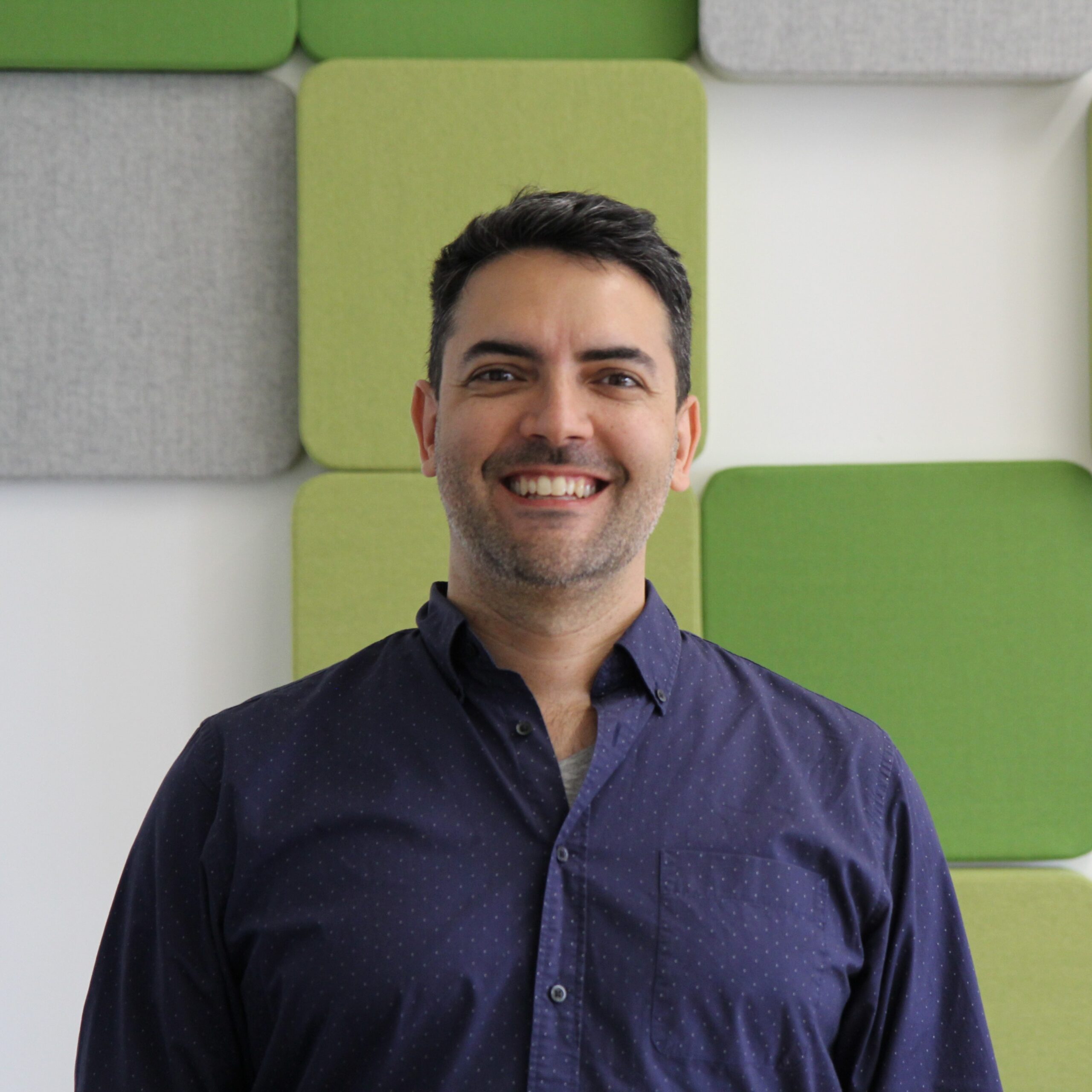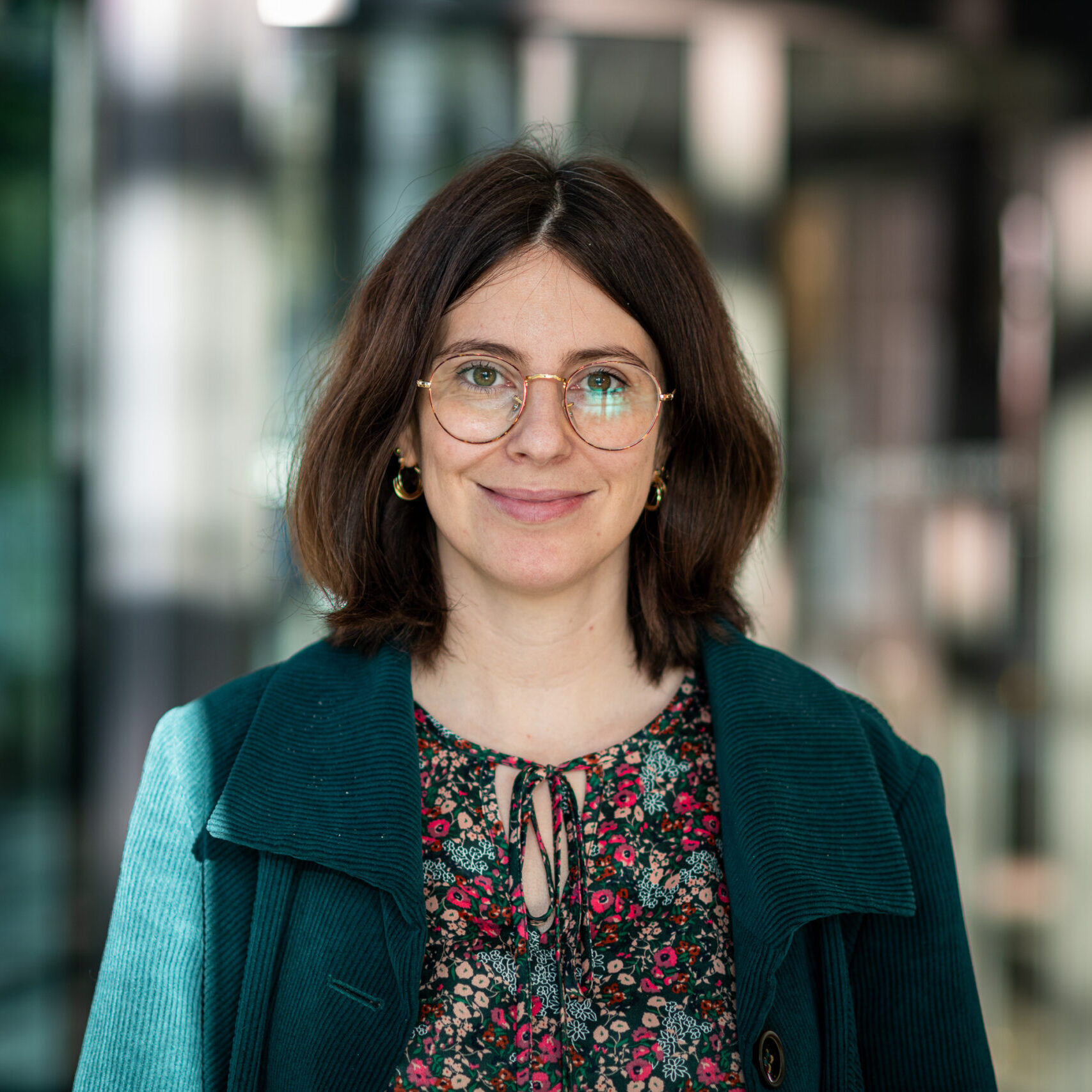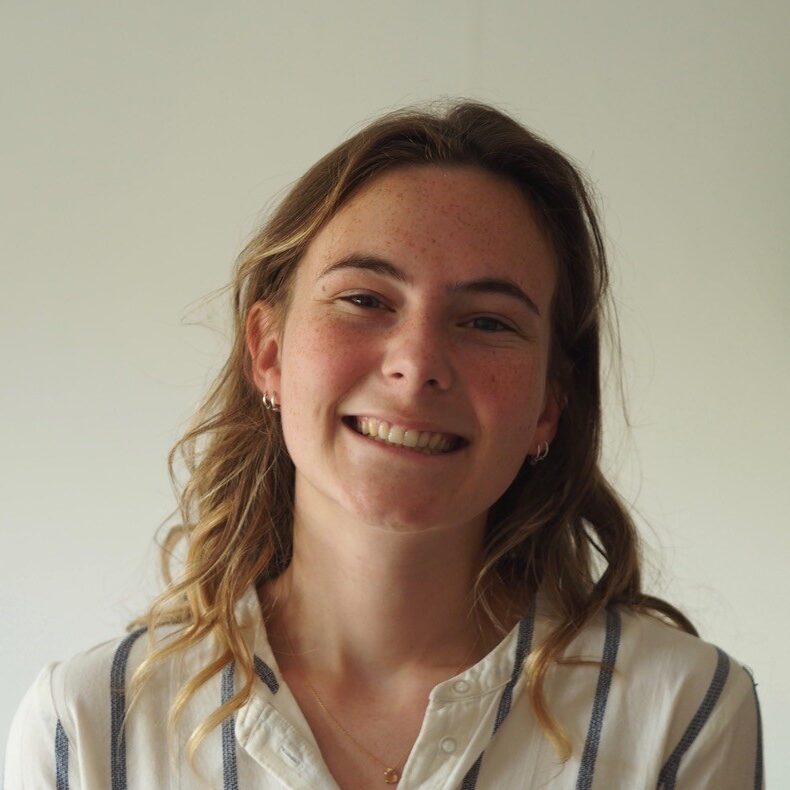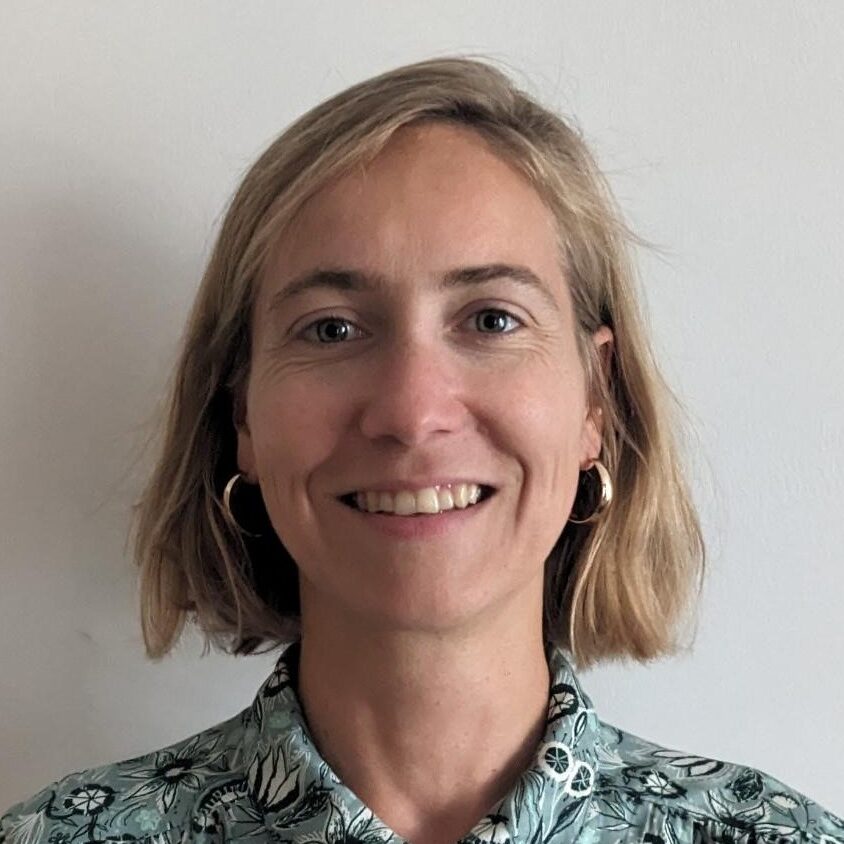Vulnerability is a central component of risk, shaping the extent to which individuals or other elements at risk are affected by natural hazards. It can be linked to single or multiple hazards, and is driven by a myriad of interacting factors, including shifting social, economic, and environmental conditions. Additionally, disadvantaged social groups such as ethnic minorities, persons with disabilities, and women often carry a disproportional burden from natural hazards. As a result, assessing and addressing vulnerability have become increasingly complex tasks. It demands not only a holistic characterisation of the system under investigation but also an in-depth understanding of the root causes of vulnerability and their spatial and temporal dynamics. This integration of holism and depth has, nonetheless, proved overwhelming, with most studies accepting trade-offs, especially in the context of repeated disaster exposure, where recovery between events is not always possible.
This working group proposes highlighting the dynamic nature of vulnerability across all phases of disaster management and climate adaptation, thereby advancing its integration across disciplines in the climate and natural hazards fields.
Meet the team!

Alexandre Pereira Santos
Alexandre Pereira Santos is a postdoctoral researcher at the Research and Teaching Unit Human-Environment Relations at the Ludwig-Maximilians Universität (LMU) in Munich. He works in the TRANSCEND and LIRLAP projects, where he focuses on the future of urban climate vulnerability, applying modelling and transdisciplinary methods. He developed his PhD in multidimensional urban vulnerability at the Center for Earth Systems Research and Sustainability at Universität Hamburg (2023). He is originally from Brazil and has extensive experience with community research and development, using mixed methods in inter- and transdisciplinary research. He received a DAAD Doctoral Fellowship and co-led the research project “Volunteered Geographic Information on the COVID-19 pandemic in the Global South” (COVIDGI), supported by the Volkswagen Foundation’s “Corona Crisis and Beyond” grant.

Mariana Madruga de Brito
Mariana Madruga de Brito is an interdisciplinary scientist working in the intersection of natural and social sciences. She leads the “Computational Social Sciences for Extreme Events” Group at the Helmholtz Centre for Environmental Research (UFZ). Her research focuses on understanding interactions between humans and the environment. In 2025, we received the EGU Arne Richter Award for Outstanding Early Career Scientists for her use of text data to monitor the socioeconomic impacts of extreme events across multiple sectors.

Sophie Buijs
Sophie Buijs is a PhD candidate at the Institute for Environmental Studies (IVM) at the Vrije Universiteit Amsterdam. Her research focuses on disaster recovery in multi-hazard contexts. In her work, she explores the use of innovative satellite-based data sources for dynamic vulnerability and exposure assessments in the context of disaster recovery, for both human- and environmental systems. This research contributes to multiple research projects, including the EO4Multi-Hazards project and the H2020 MYRIAD-EU project, which aims to induce a paradigm shift from a single-hazard oriented to a more holistic multi-hazard, multi-sector, systemic risk management and assessment. In addition, she studies business resilience under multiple shocks as a part of the BRIDGE project. Beyond her research, she serves as the Early Career Representative within the MYRIAD-EU consortium and actively promotes the empowerment and engagement of Early Career Researchers (ECRs) across research projects.

Martha Vogel
Martha Vogel is currently serving as a Climate & Health Technical Adviser to the Red Cross Red Crescent Climate Centre. Her work focuses on analyzing, synthesizing, and transferring knowledge on climate change and its (health) impacts in vulnerable regions. This includes projects on systemic heat-health risks in sub-Saharan Africa, anticipatory action for climate-sensitive infectious diseases and attribution of compound extremes and impacts. Most recently she has been working with climate storylines to explore plausible climate futures in the humanitarian context.
At UNESCO she gained experience in policy development, knowledge transfer, and climate impacts in sub-Saharan Africa.
Martha holds a Doctor of Science from the Institute for Atmospheric and Climate Science at Swiss Federal Institute of Technology in Zurich, where she received an ETH Medal for her thesis on temperature extremes in a changing climate.
Working Group Updates
Upcoming events
Stay tuned — new events will be announced soon.